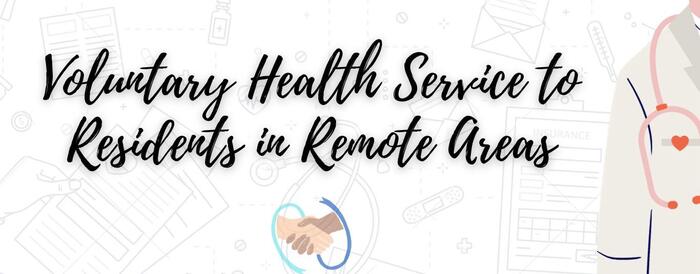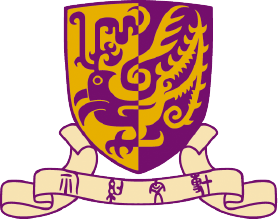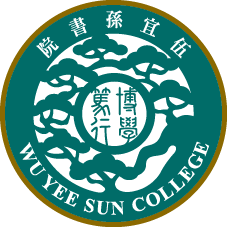
Background
As two medical students in clinical year, we notice the lacking awareness on chronic illness management for some patients, specifically among rising aged population. In addition to various health literacy levels and common multiple chronic diseases these elderly have, accessibility to healthcare services can also be a plight due to reasons like the limited public health resources, underestimating the medical needs, lacking social support network, the inconvenient localities they live in. These hinder the follow-up of their chronic medical problems and general health. With the rising emphasis on primary in recent years, such as establishing chronic illness co-care scheme, it has inspired us to establish a student organization, collaborating with other medical allied health students, we aim to provide voluntary health consultation in centers and rural villages.
Details
Aspirating to collaborate with district social centres and non-governmental organisations (NGOs), we would like to recruit participants who are less accessible to health care services. Before we could carry out a service, we plan to recruit our fellow medical, nursing and potentially Chinese Medicine, physiotherapy, occupational therapy students via social media platform and friends’ referral. Basic training and rehearsal will be arranged prior to the services. We would be grateful if current health professionals are willing to provide training to us.
Market Analysis
From our previous experience with joining the service organised by a healthcare NGO in Mui Wo, we observed a lack of medical and social care coverage for elderly patients in remote areas. Many seniors struggle to visit doctors and often resort to self-managing their conditions, leading to undiagnosed hypertension and diabetes. We have witnessed the positive impact of our services, as patients expressed gratitude and relief physically and mentally after receiving care. While recognizing that few NGOs operate in these underserved regions, we developed our initiative to fill this critical gap.
Benefits
Our initiative aims to screen for common chronic diseases, including hypertension and diabetes, using basic screening tools. This approach will enable early access to medical care for elderly patients, potentially preventing disease progression. Additionally, we seek to educate public about other health domains, contributing to overall community health improvement. Not only does this initiative help the public but also provides us precious opportunities for patient communication and hone our professional skills.



Comments
We are looking forward to your precious comments and feedbacks!